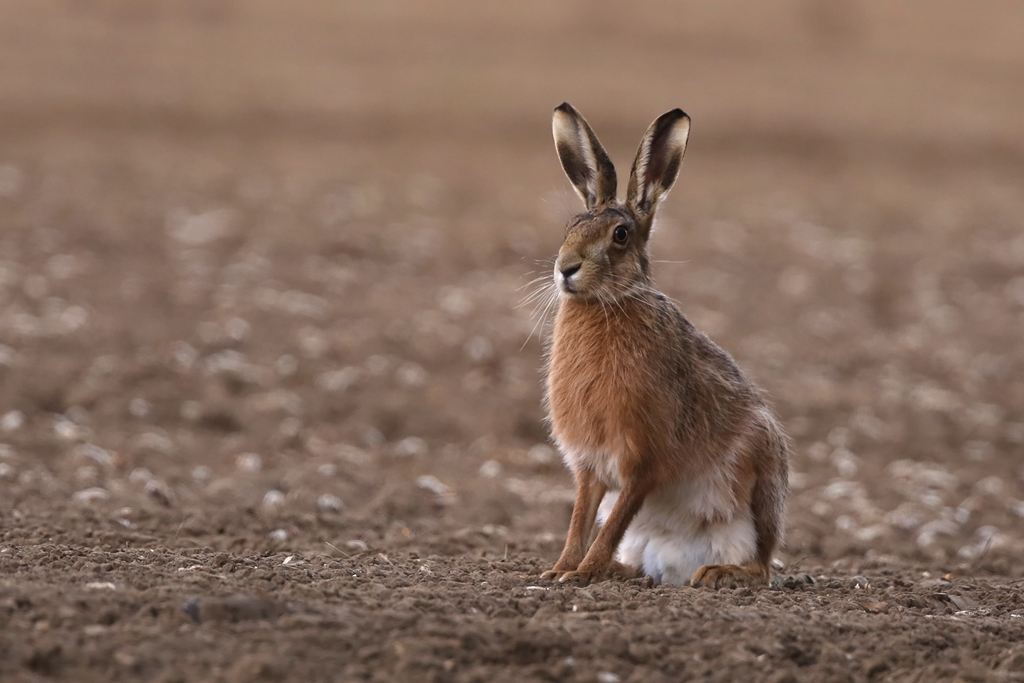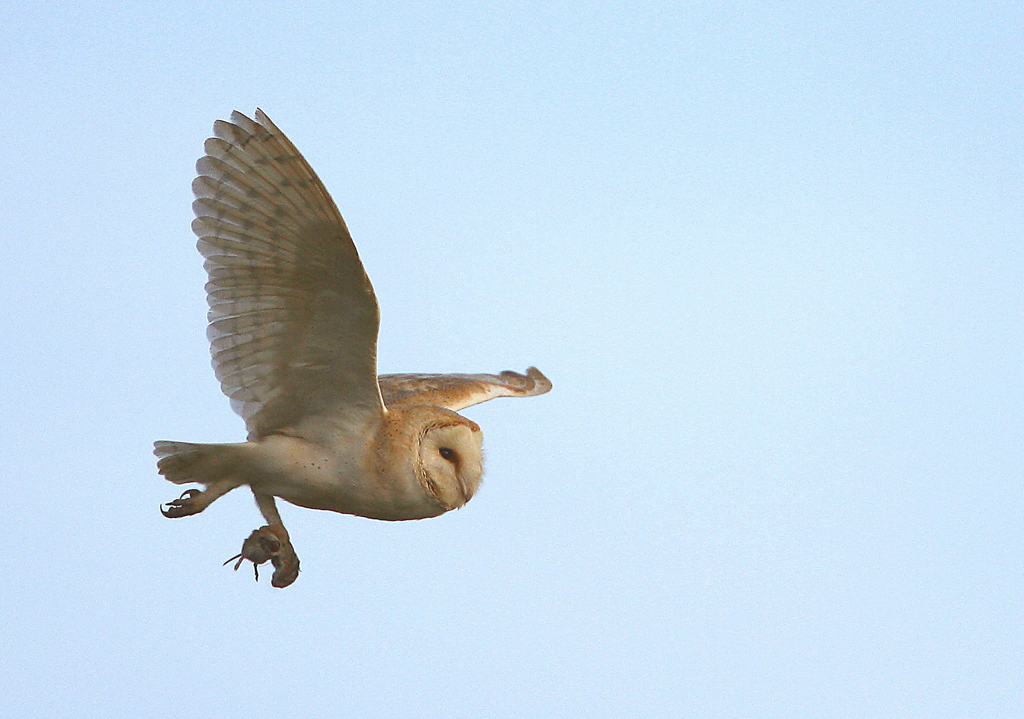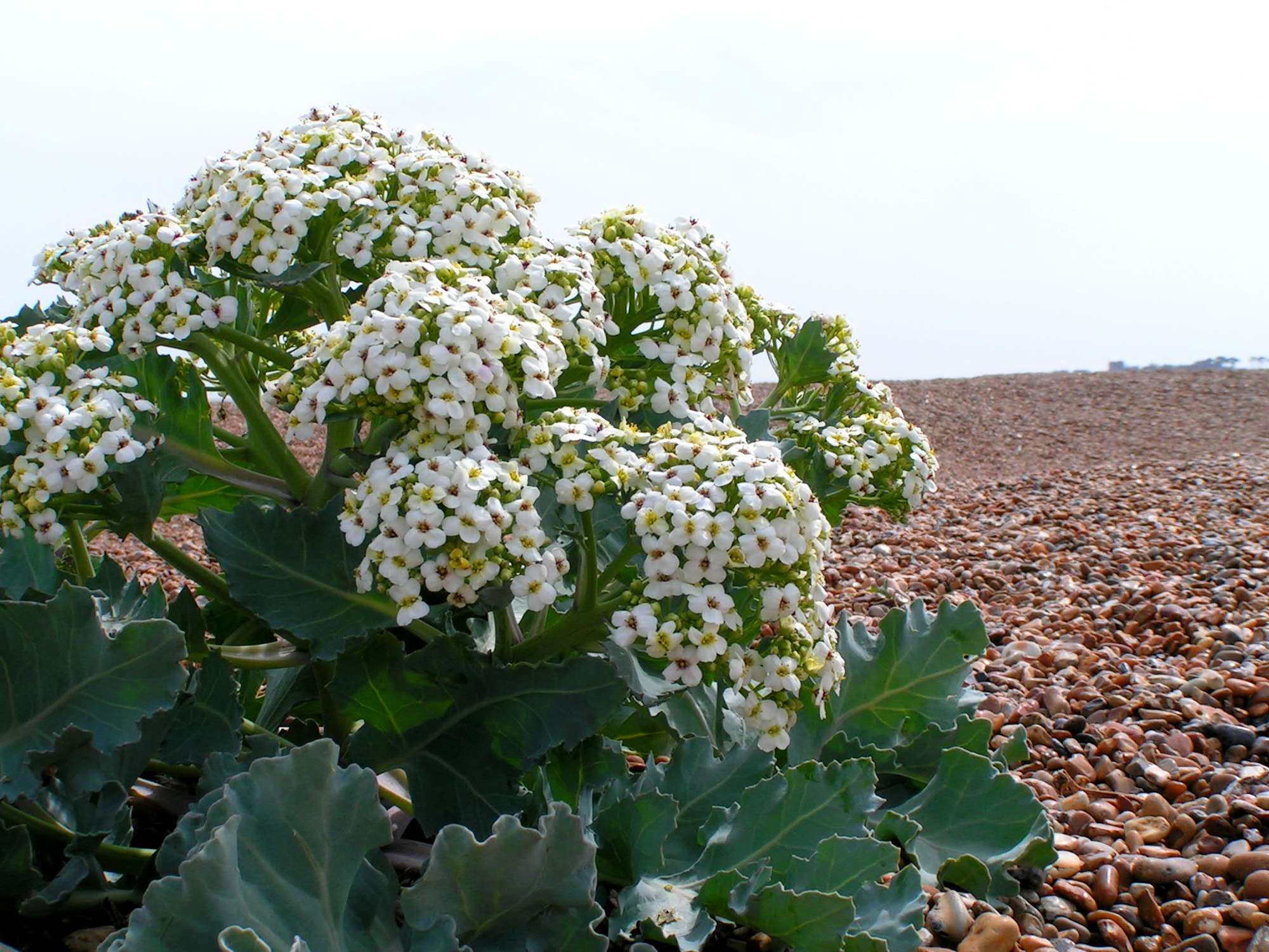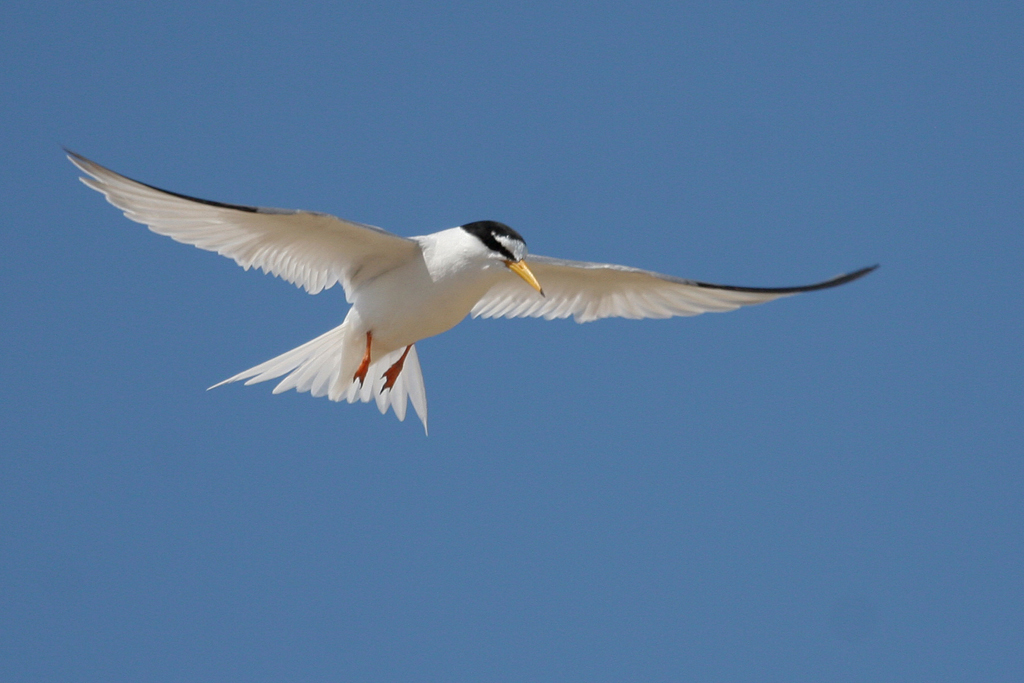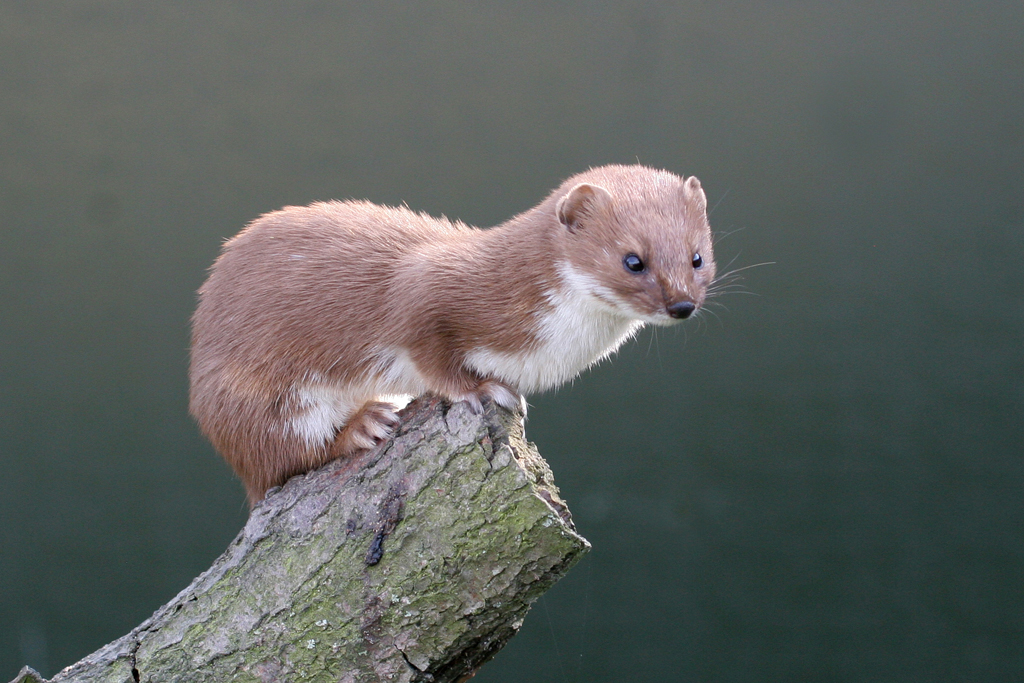Village Voices Nature Note: Seasonal Cycles
01 Oct 2020
Just as the first arriving swallows in mid-April marked the beginning of spring, so the flock I now see gathering on the telephone wires portend our autumn. There must have been some fifty of them there this morning, all chittering and chattering furiously, as if psyching themselves up for their long journey to come. Every now and then, for no apparent reason, they suddenly all take off together in what birders call a ‘dread’ (a habit that swallows share with terns); they freak out in a cloud of fluttering wings, circle around together for a few seconds, and then settle back again, but restlessly, as if waiting for their flight number to come up on the celestial departure board. Strange to reflect that these same swallows will soon be swooping over elephants and ostriches in South Africa. We think of them leaving home to spend the winter there, but it will be spring in South Africa when they arrive, so who is to say where their true home is? It’s a continuous cycle of arrivals and departures.
We’ve just been through the seasonal spring cycle ourselves, one with its own strange paradoxes. There were the contrasts between the record-breaking sunny weather and the looming climate crisis, and between relief in the wonderful new silences and the horror at the headlong progress of the pandemic. The national lockdown rightly imposed serious restrictions, but many people found it liberating to take up new interests or revive old ones. They lost themselves and found themselves in activities like gardening, music, art, physical exercise, reading, crafts and games. Nature too provided great solace as people saw and heard things close to their own homes they had never properly appreciated before. As soon as lockdown was announced on 23 March, I agreed with two naturalist friends living in different parts of the country, Michael McCarthy (London) and Peter Marren (Wiltshire), that we would each keep detailed diaries of our experiences of this extraordinary Covid spring and then combine them to share with others our sense of the delight and inspiration the natural world can offer in a dark time of stress and anxiety. We made a book of it, which will be published in mid-October. The Consolation of Nature is the story of what we discovered by literally walking out of our front doors.
These seasonal cycles are just that, cycles in which the end of one season is the beginning of the next, which in turn brings us back to the beginning again, but not quite the same as we were before. Hopefully knowing more, caring more and more deeply grounded in the only world we have.
We’ve just been through the seasonal spring cycle ourselves, one with its own strange paradoxes. There were the contrasts between the record-breaking sunny weather and the looming climate crisis, and between relief in the wonderful new silences and the horror at the headlong progress of the pandemic. The national lockdown rightly imposed serious restrictions, but many people found it liberating to take up new interests or revive old ones. They lost themselves and found themselves in activities like gardening, music, art, physical exercise, reading, crafts and games. Nature too provided great solace as people saw and heard things close to their own homes they had never properly appreciated before. As soon as lockdown was announced on 23 March, I agreed with two naturalist friends living in different parts of the country, Michael McCarthy (London) and Peter Marren (Wiltshire), that we would each keep detailed diaries of our experiences of this extraordinary Covid spring and then combine them to share with others our sense of the delight and inspiration the natural world can offer in a dark time of stress and anxiety. We made a book of it, which will be published in mid-October. The Consolation of Nature is the story of what we discovered by literally walking out of our front doors.
These seasonal cycles are just that, cycles in which the end of one season is the beginning of the next, which in turn brings us back to the beginning again, but not quite the same as we were before. Hopefully knowing more, caring more and more deeply grounded in the only world we have.
Jeremy Mynott




